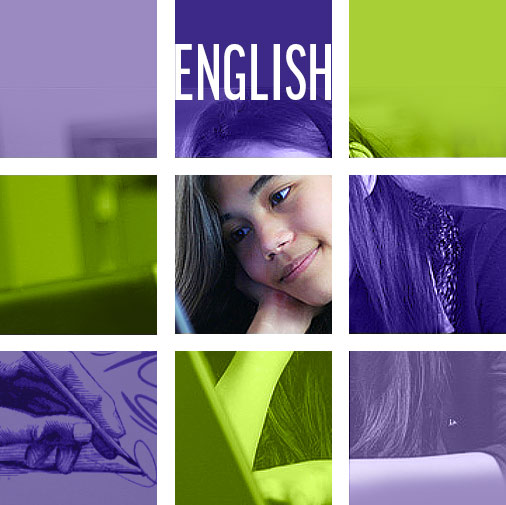Composition 11
Teacher(s)
Laura Blake
Prerequisite
English 10: Successfully completed two of the following: Composition 10, Literary Studies 10, New Media 10, Creative Writing 10, or Spoken Language 10.
Description
This newly developed Composition 11 course fully meets the learning outcomes for the new BC Curriculum. The focus in this course is on writing and composition, and students will complete expository, narrative and persuasive assignments, as well as a variety of personal, creative and opinion pieces and a short persuasive speech. There is also a novel study.
Composition 11 is organized into four units:
- Unit 1: business writing, summary, creative connections, persuasive and reflective writing
- Unit 2: novel study
- Unit 3: descriptive, persuasive and creative writing, personal response, mind map
- Unit 4: poetry analysis, personal response, narrative, and expository writing
Students will write a midterm exam after Unit 2 and a final exam at the end of Unit 4.
Type
online
Credit
4
Delivery
Student-paced
Summary
Students must submit all assignments electronically; exams are proctored and completed online.
Assessment
Assessment is the systematic gathering of information about what students know, understand, and are able to do in relation to the curricular competencies and content for this course. Here are the key ways you will be assessed:
- "Formative" submissions on which we will give you descriptive feedback and no grade.
- Polished submissions in a variety of forms and genres, including expository, narrative, descriptive and persuasive writing and speaking.
- Supervised tests
- Self-assessment about student learning and growth conducted through phone or Zoom interviews
Support
Students can contact their teacher to arrange for extra help.
Materials
Students need access to a computer and high-speed internet. A web camera is required for proctored exams.
All assignments must be submitted electronically.
All readings can be accessed online, except Unit 2, the novel study. There is a choice of five different novels, and students must choose one of the following to work with in Unit 2:
- The Things They Carried
- The Night Circus
- Who Has Seen the Wind
- Motorcycles & Sweetgrass
- Indian Horse
Outcomes
Big Ideas
There are a number of big ideas identified in the curriculum for this course. Here are the ones that we'll spend the most time exploring:
- The exploration of text and story deepens our understanding of diverse, complex ideas about identity, others, and the world.
- Language shapes ideas and influences others.
- Engagement with writing processes can support creativity and enhance clarity of expression.
- The examination of First Peoples cultures and lived experiences through text builds understanding of Canadians’ responsibilities in relation to Reconciliation.
Curricular Competencies
There are two broad sets of curricular competencies for this course.
Comprehend and Connect - these are the competencies connected to reading, viewing, and listening. Students will explore text in a variety of forms and genres, and will be encouraged to think critically, creatively and reflectively to explore ideas within and between texts.
Create and Communicate - these are the competencies connected to crafting, revising, and polishing original texts. Students will write in a variety of genres, structures, and forms, and will be encouraged to take risks and become ever more precise and intentional in their use of language.

